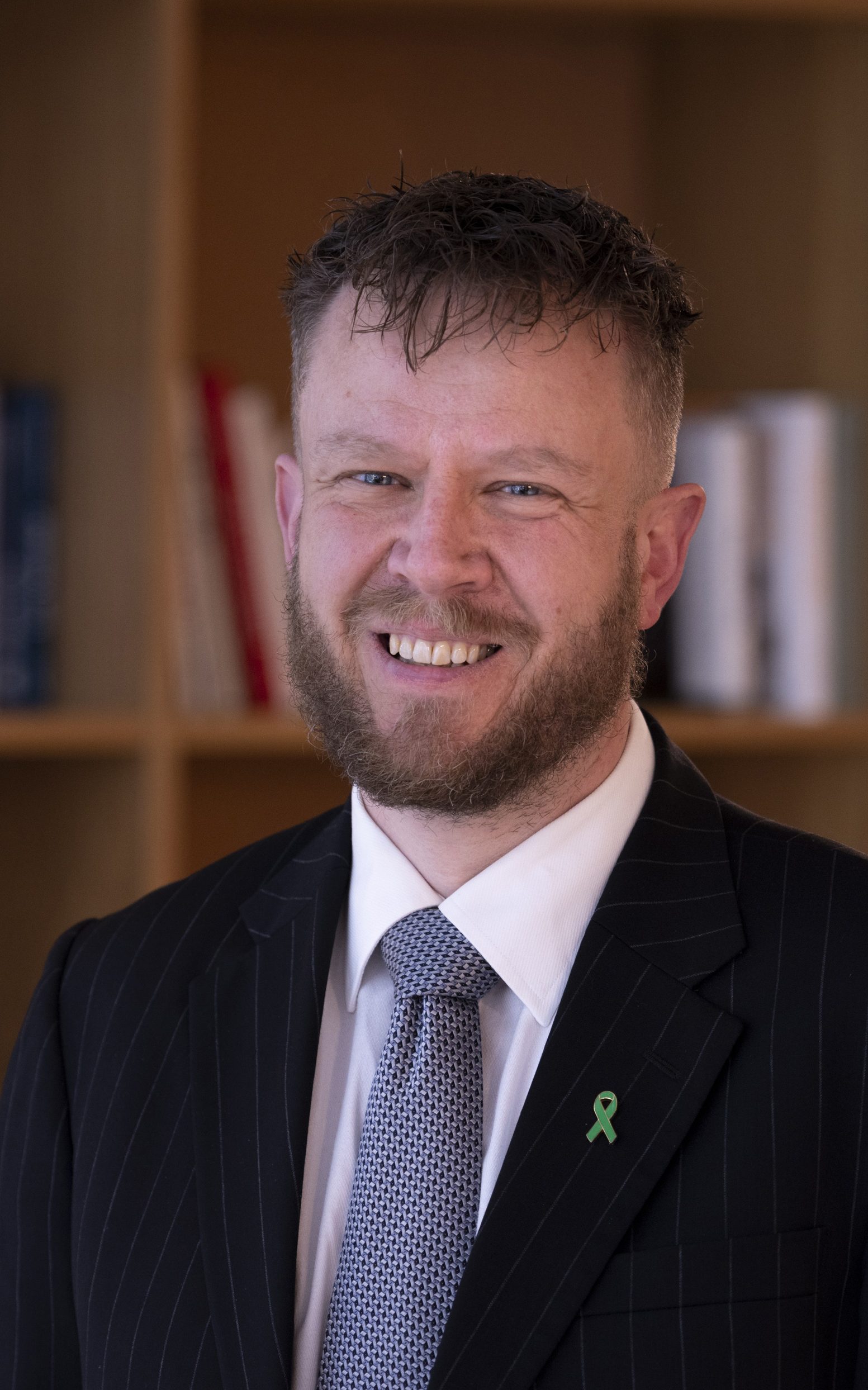Dr Robert Rea, Head of Innovation at InnoScot Health, explores the urgent need for innovative healthcare solutions in addressing frailty care, offering insights into how technology and collaboration can enhance the quality of life for Scotland’s ageing population.

Of the many healthcare issues which had a strong light shone on them during the pandemic, frailty was high on the list of concerns. With Scotland’s population instructed to isolate, society’s most vulnerable, frail members found themselves at greater risk from falls, unplanned hospitalisation, disability, cognitive impairment and more, all in tandem with less likelihood of bouncing back quickly from their conditions.
In Scotland, approximately 35% of the population over 65 are identified as mildly frail, 15% are moderately frail and 5% are severely frail. Furthermore, unplanned bed days for Scotland’s frail population over 65 are thought to equate to £1.7 billion per year. Of course, the knowledge of our increasingly ageing population is not new, but amid greater strain being placed on pressured NHS resources in recent times, soaring energy bills and the health service’s most challenging winter, concerted action is evidently required.
While frailty is most associated with older people, it is not defined by age and can also apply to younger people living with chronic conditions. It in fact covers a range of disease and clinical specialities and there is a pressing need to pivot the country’s approach to frailty through developing new medicines and technologies as part of continued work to recover and modernise health and social care services. Put simply, we need to accelerate dedicated frailty-targetted innovation. Of course, there are opportunities alongside the challenges – not only to make lives better but also to realise time and cost savings that can then be redeployed back into the NHS.
At a time when NHS staff are spread thin and resources are limited, Scottish innovators have the power to target at-risk individuals at an early stage with evidence-based interventions that can manage or reverse their conditions. This in turn reduces the likelihood that they will need to access unplanned services due to a crisis, thereby reducing the use of expensive, unscheduled care and reducing hospital readmissions.
Indeed, earlier this year, it was reported that digital healthcare company PneumoWave had secured £5.2 million of funding from the Scottish National Investment Bank thanks to its remote patient monitoring technology for identifying potentially fatal respiratory changes.
It is evidently a burgeoning area of homegrown innovation and patients are ultimately reaping the benefits with technology being a key enabler.
Working in partnership with NHS Scotland for the past 20 years, InnoScot Health is encouraging new health service-led ideas. We aim to use the first-hand experience of health and social care staff, to tap into their knowledge and expertise and together help to develop new innovations that can help people live better in later life or cope with long-term health conditions.
A recent survey conducted independently on behalf of our organisation indicated that remote monitoring is seen as a key area of innovation for NHS staff, placing third (45%) behind only big data and analytics and digital apps.
InnoScot Health’s frailty innovation call supports NHS Scotland innovators from any NHS health board and any role or medical discipline to get in touch with their ideas, whether simple or complex.
We believe that our call to health and social care professionals is timely. Wearable devices, sensors, data and AI are all combined to support the NHS in remotely monitoring patients’ wellbeing – from analysis of blood pressure, heart rate, sleep patterns and step count, to the ability to predict subtle changes that can prevent dangerous falls. There’s also assistive technology to make daily life or a specific task easier, not to mention devices or tools to help people self-manage their condition. Innovation can represent true empowerment for those who need it most. Fundamentally, it is all about improving quality of life while supporting NHS Scotland to adapt to changing demographics, demand for services and current challenges – but more fresh ideas are needed.
At InnoScot Health, we offer the opportunity for health and social care professionals to submit those ideas for new and innovative approaches to frailty – whether that be concept, technology, device, or service. The package of support for staff with ideas to support NHS Scotland includes £25,000 of initial funding, regulatory support, project management and the innovation expertise of InnoScot Health.
Our frailty innovation call is open to anyone working across NHS Scotland and harnesses the talent, expertise and first-hand experience of health and social care professionals.


